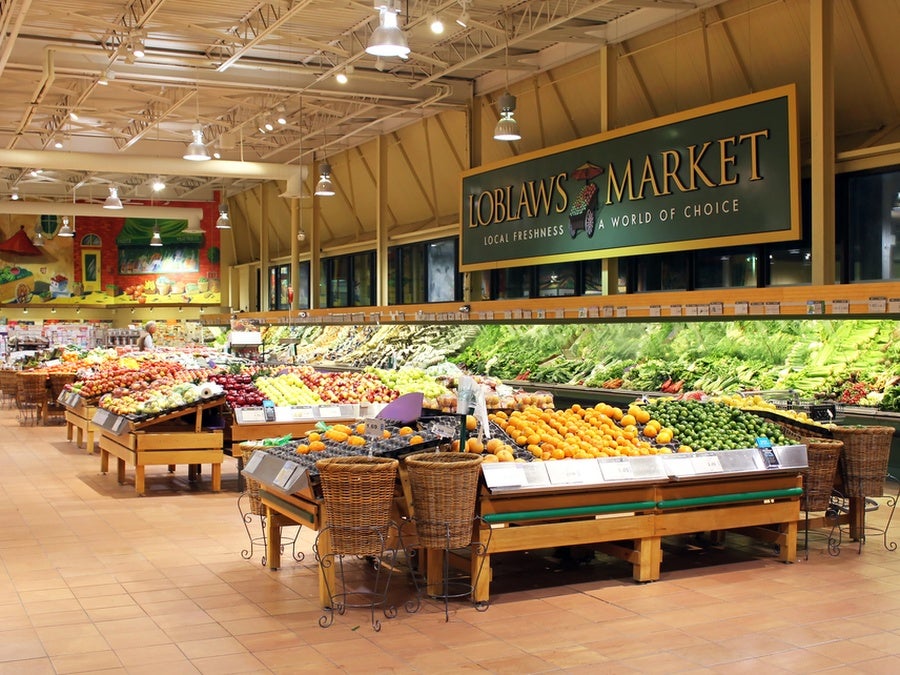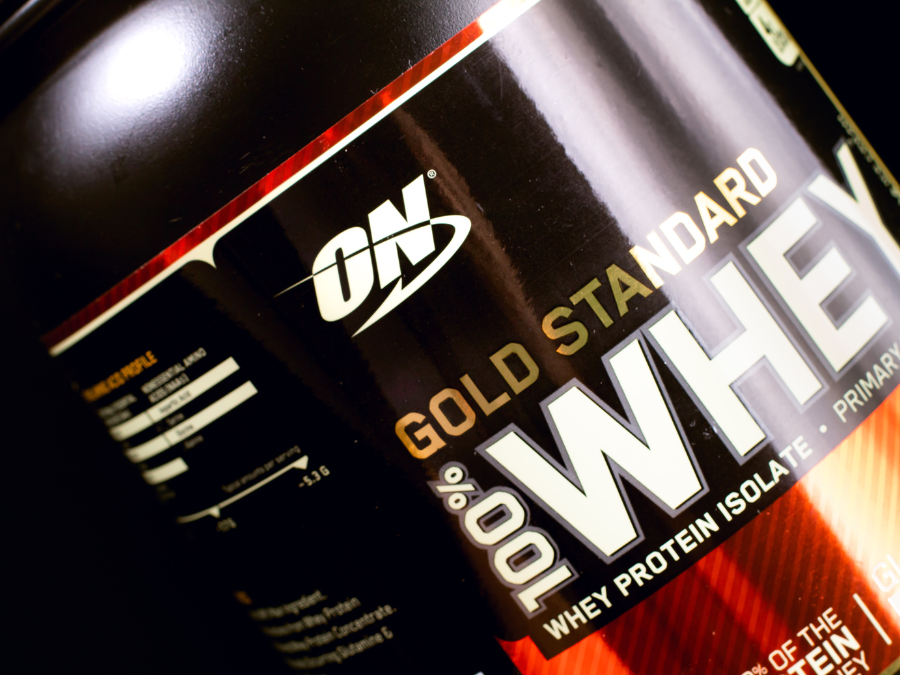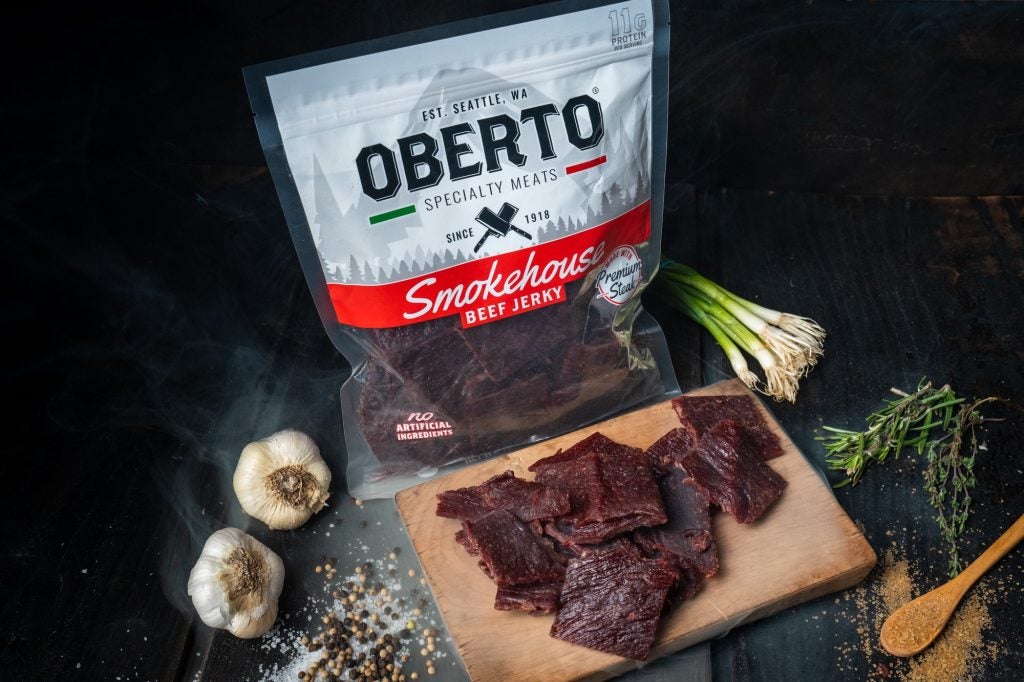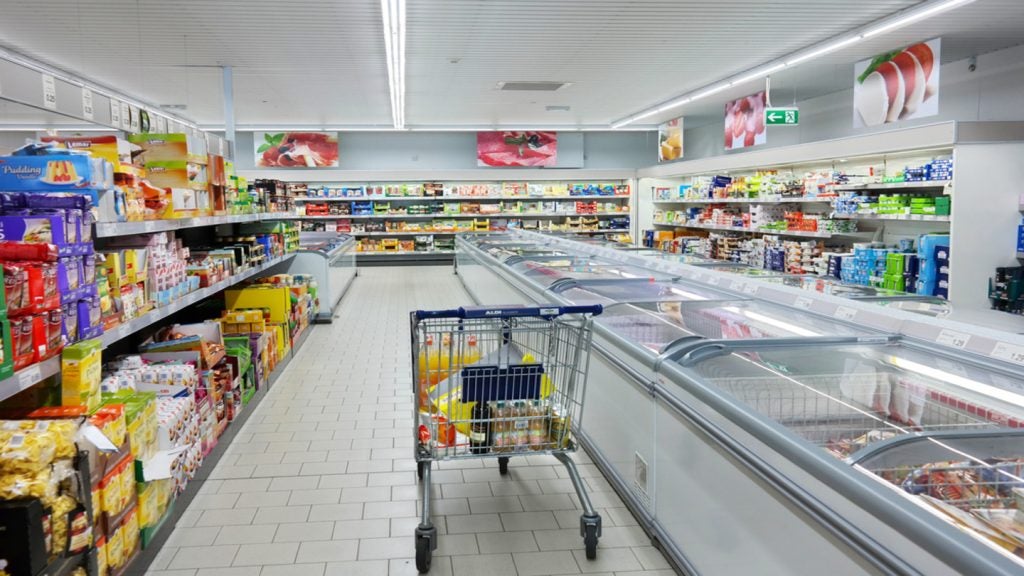Grocery inflation in Canada slowed in July to the lowest level since February 2022 even as the increase in the headline measure of prices accelerated.
Grocery prices in stores rose 8.5% in the 12 months through July, easing from a 9.1% rate in June, Statistics Canada reported yesterday (15 August). July’s figure was the lowest since the 7.4% print in February last year and down from a 2023 peak of 11.4% reached in January.
The consumer price index for all-items rose 3.3% on an annualised basis, quickening from 2.8% in June. It also edged up month-on-month, climbing 0.6% versus 0.1%.
Statistics Canada said the easing off in grocery inflation was driven by fresh fruit, the price of which increased 4.1% in July, compared to an annual rate of 10.4% in June.
Next in line were bakery products, which rose 9.8% in the 12 months through July, cooling from a 12.9% increase in June.
In monthly terms, fresh fruit prices dropped 6.5%, the largest decrease since February 2008, Statistics Canada said, noting a 40.9% decline in the prices of grapes and a 1.8% retreat in the cost of oranges.
The slowing trend in food prices was also evident in the US, when the Bureau of Labor Statistics reported its July figures last week.
US food inflation, including in-home and out-of-home consumption measured by the consumer prices index series, eased to 4.9% in the 12 months through July, from 5.7% in June. That was less than half the 11.4% peak reached in August last year.
In terms of groceries for at-home consumption, prices increased 3.6% on an annualised basis, down from 4.5% in June. Meat, poultry, fish and eggs fell 0.2%, repeating a decline of the same magnitude a month earlier.
The UK, meanwhile, reported its July numbers today, with grocery inflation remaining in double-digits, despite further easing from a March peak of 19.2%.
Food and soft drinks prices rose 14.9% in the year through July, down from June’s rate of 17.4% and 18.4% in May.















